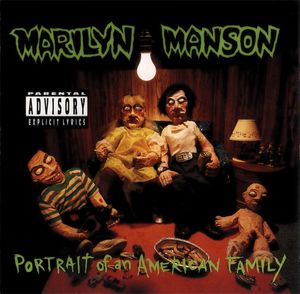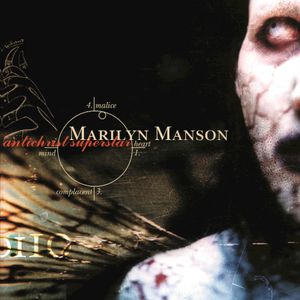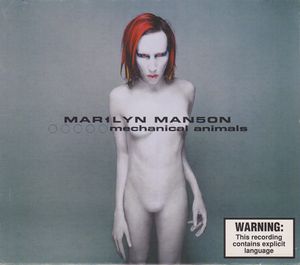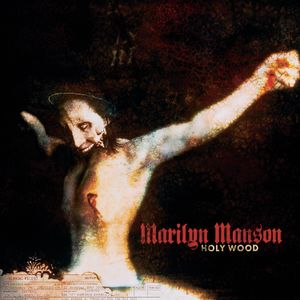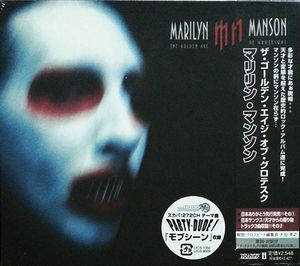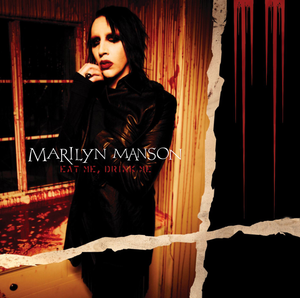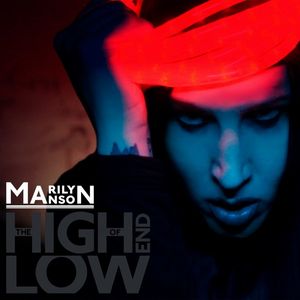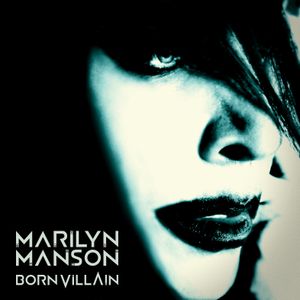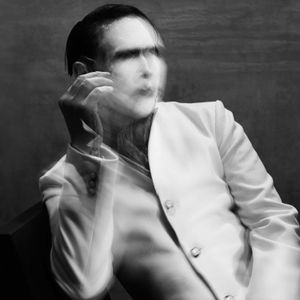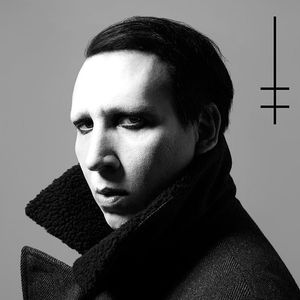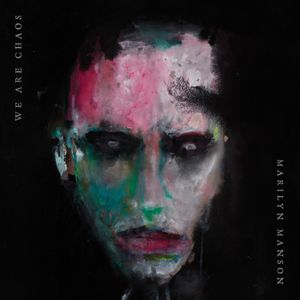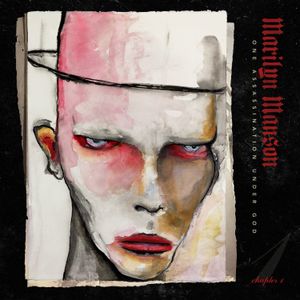
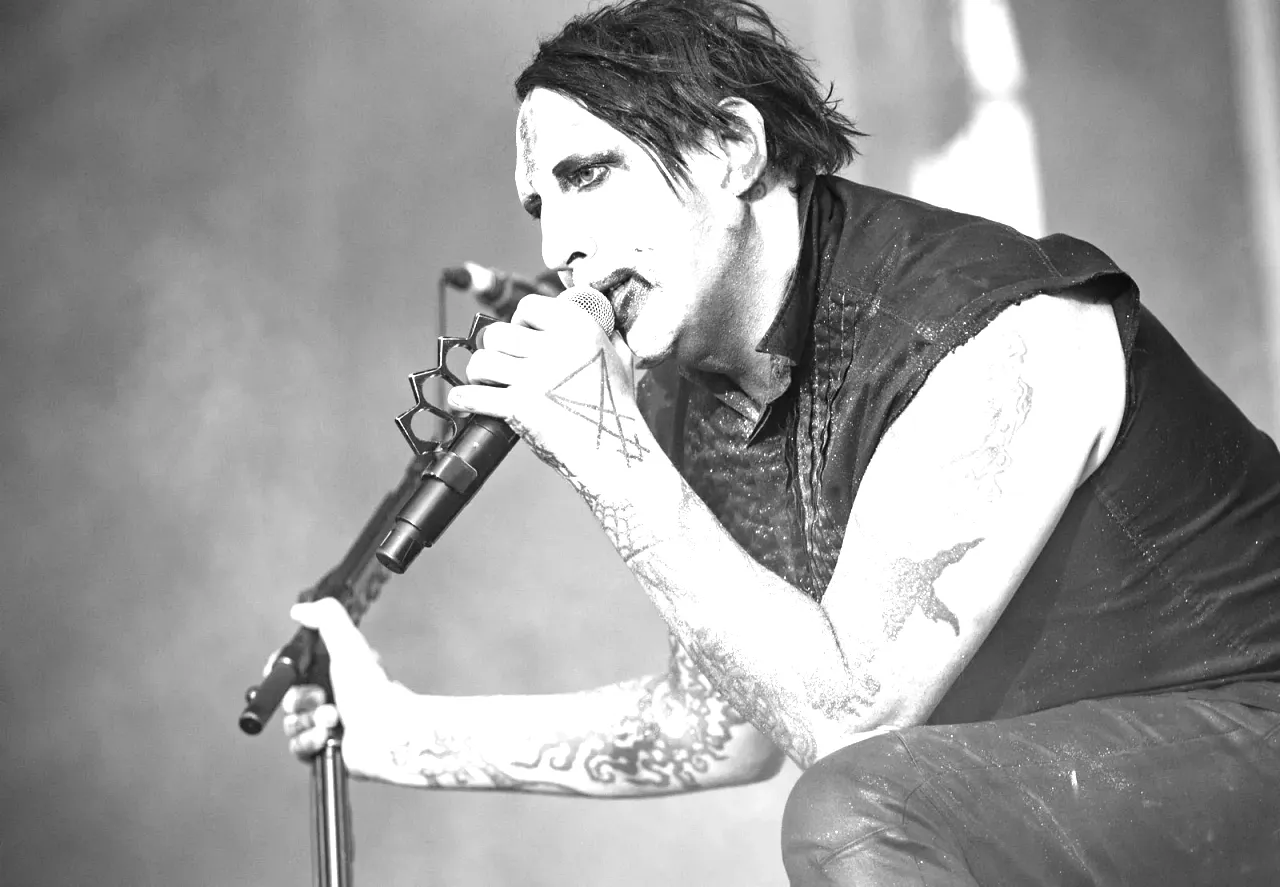
Marilyn Manson
Follow Your Favorite Band Today!
Top Marilyn Manson Community Posts
Story of Marilyn Manson
Marilyn Manson, the controversial shock rock band, formed in Fort Lauderdale, Florida in 1989. Initially known as Marilyn Manson & the Spooky Kids, they cultivated a fervent local following in South Florida with their highly theatrical live shows. Their unique moniker, a characteristic of the band's early years, saw each member adopt a stage name combining a female sex symbol's first name and a male serial killer's last name—Marilyn Manson himself being a prime example. This provocative naming convention reflected the band's overall aesthetic.
Signed to Trent Reznor's Nothing Records in 1993, they quickly gained notoriety. While frontman Marilyn Manson remains the sole original member, the band's lineup has undergone numerous changes throughout its history. From the outset, Marilyn Manson's image was defined by its deliberately outrageous makeup, costumes, and onstage antics designed to provoke and shock. Their lyrical content, frequently criticized for its anti-religious themes and graphic depictions of sex, violence, and drug use, further fueled controversy.
This highly provocative approach resulted in significant backlash, including protests, petitions, and even legislative attempts to ban their performances in several US states. Despite—or perhaps because of—the constant controversy, the band achieved significant commercial success, releasing multiple platinum albums, including the seminal Antichrist Superstar (1996) and Mechanical Animals (1998). These releases, coupled with their iconic music videos and extensive world tours, cemented Marilyn Manson's place in rock history as a force to be reckoned with, a band as infamous for its controversies as it was for its musical output.
Frequently Asked Questions
Bands you may like
More Alternative Metal Bands
Discover more bands in the Alternative Metal genre and explore the diverse sounds that define this musical style.
Browse All Alternative Metal BandsMore Bands from United States
Discover the rich musical heritage of United States and explore bands that represent the country's unique sound and culture.
Browse All United States Bands
